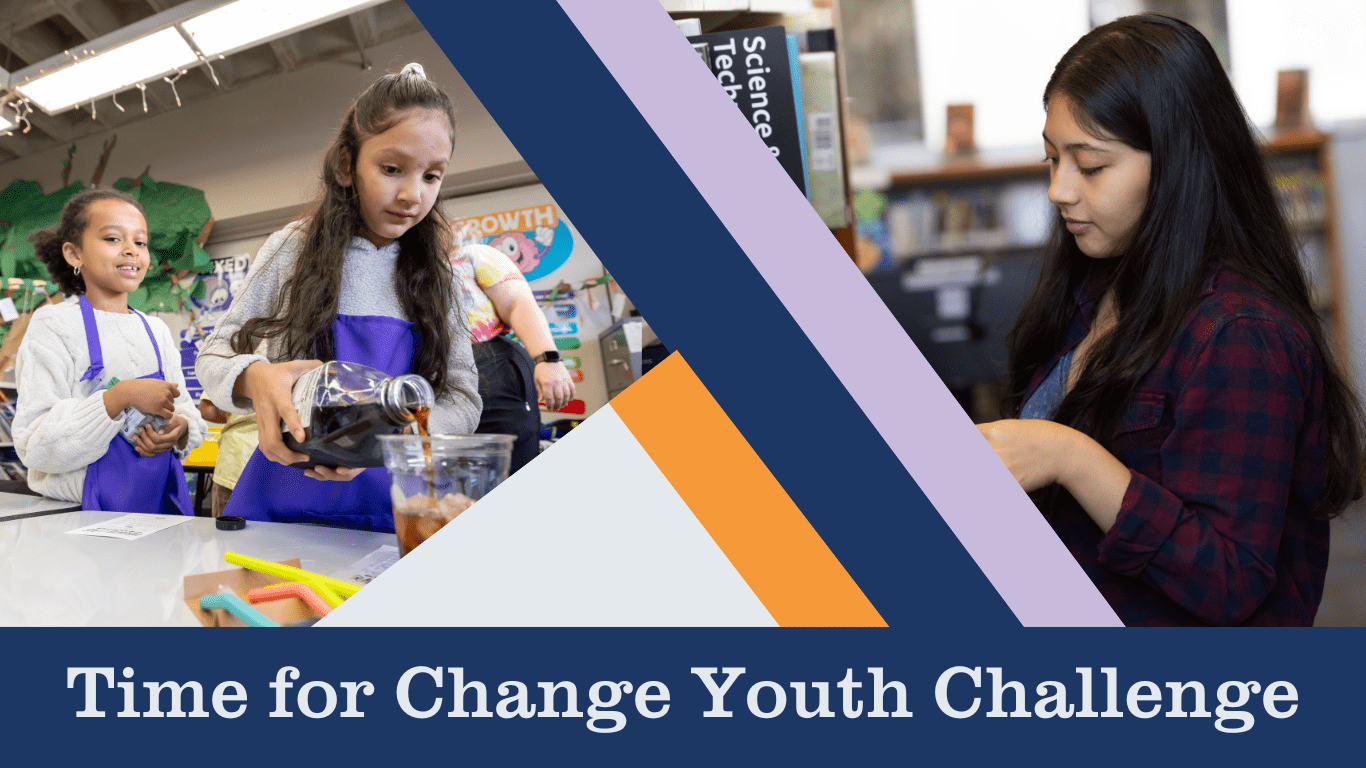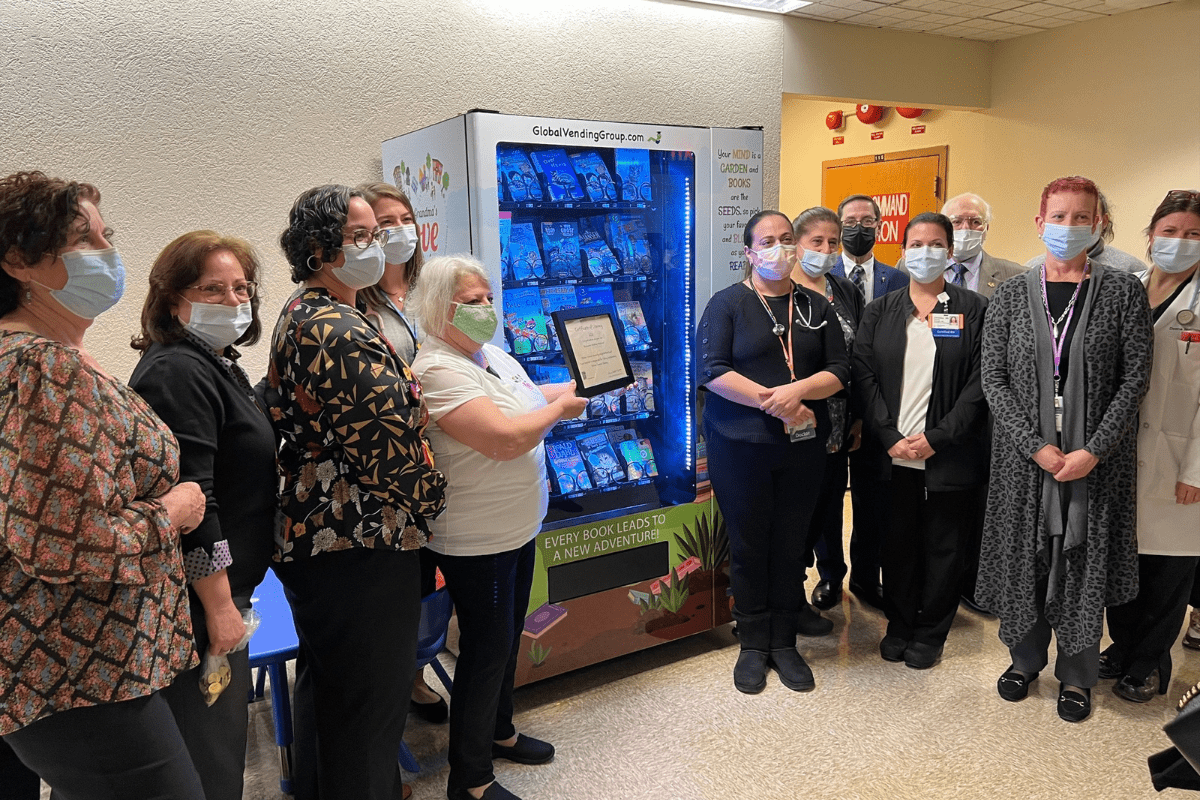First Book Names Libby Doggett as Chairman of the Board; Sharon Price John Appointed to the First Book Board; Andrew Roberts Joins First Book Advisory Council
Pictured from left to right: Sharon Price John, Libby Doggett, Andrew Roberts. Washington, D.C. – July 14, 2025 – First Book, the national nonprofit dedicated to furthering educational opportunity for children in low-income communities, named early childhood education leader Libby Doggett as chairman of the Board of Directors. In addition,... Read more







